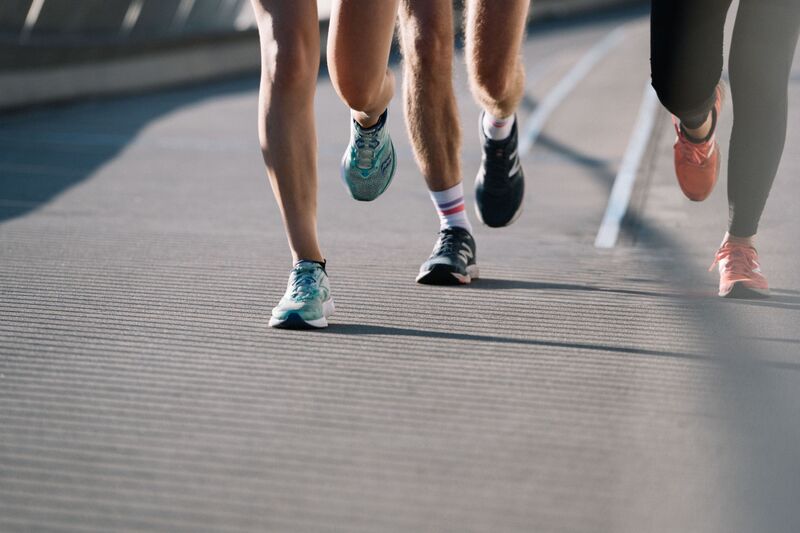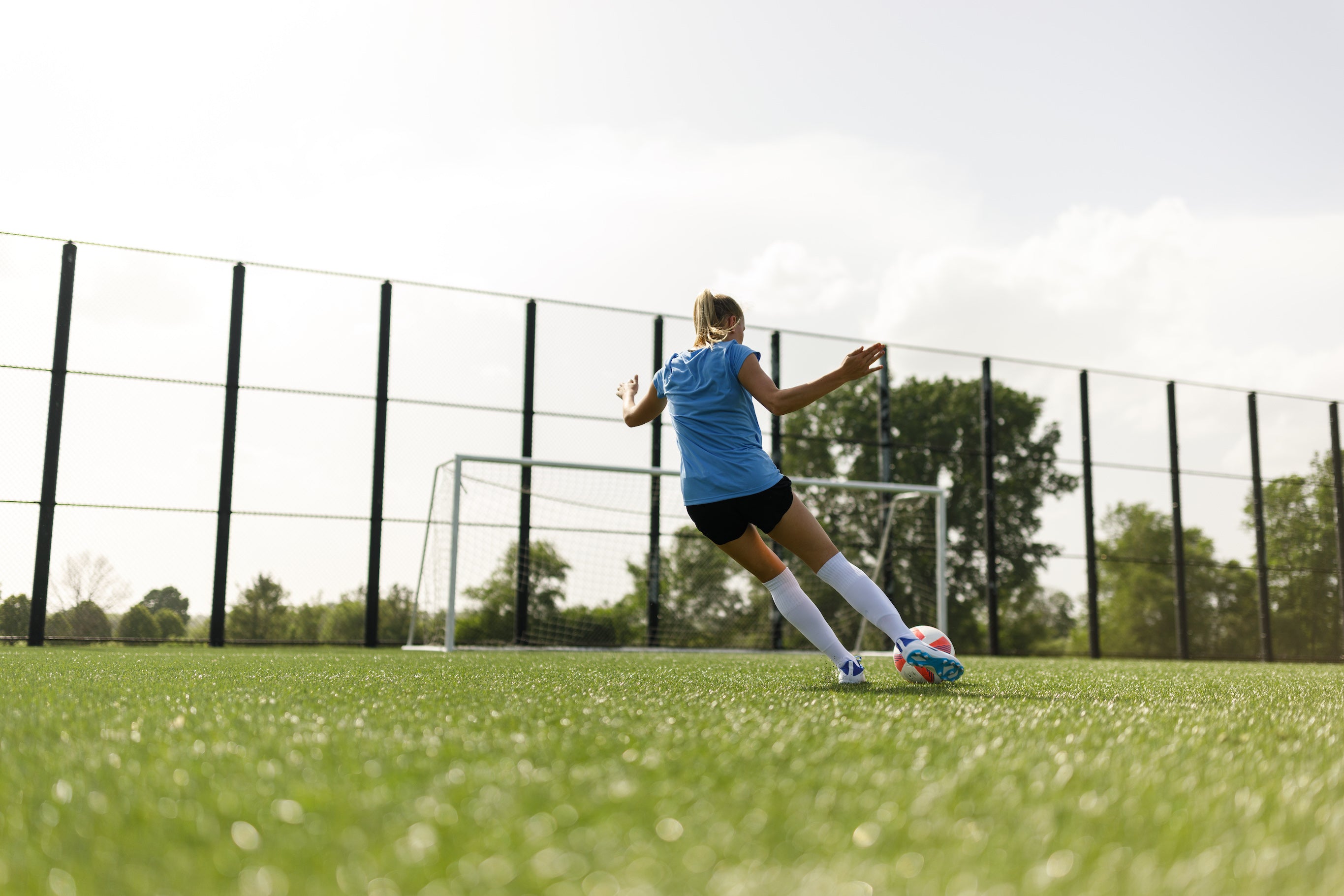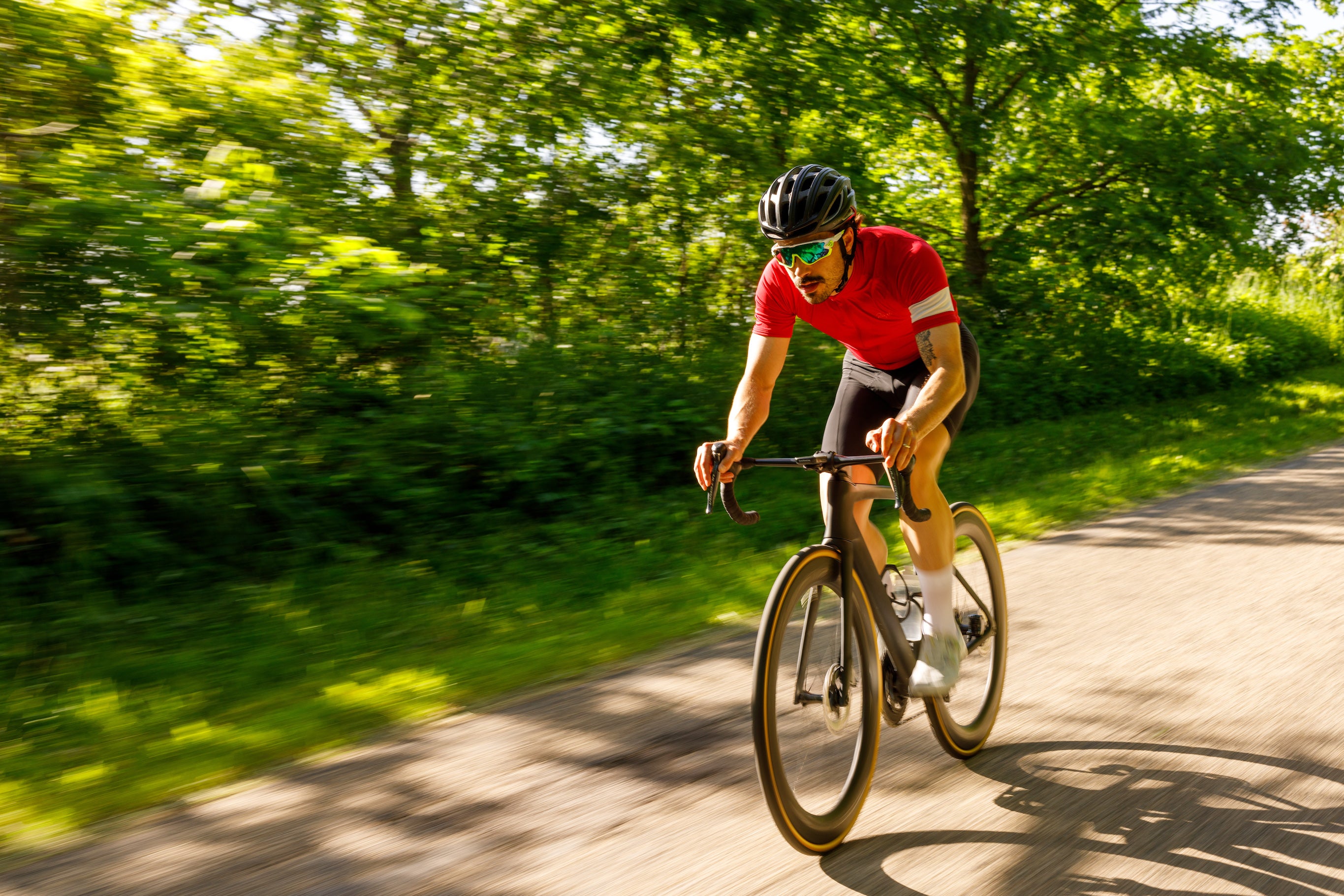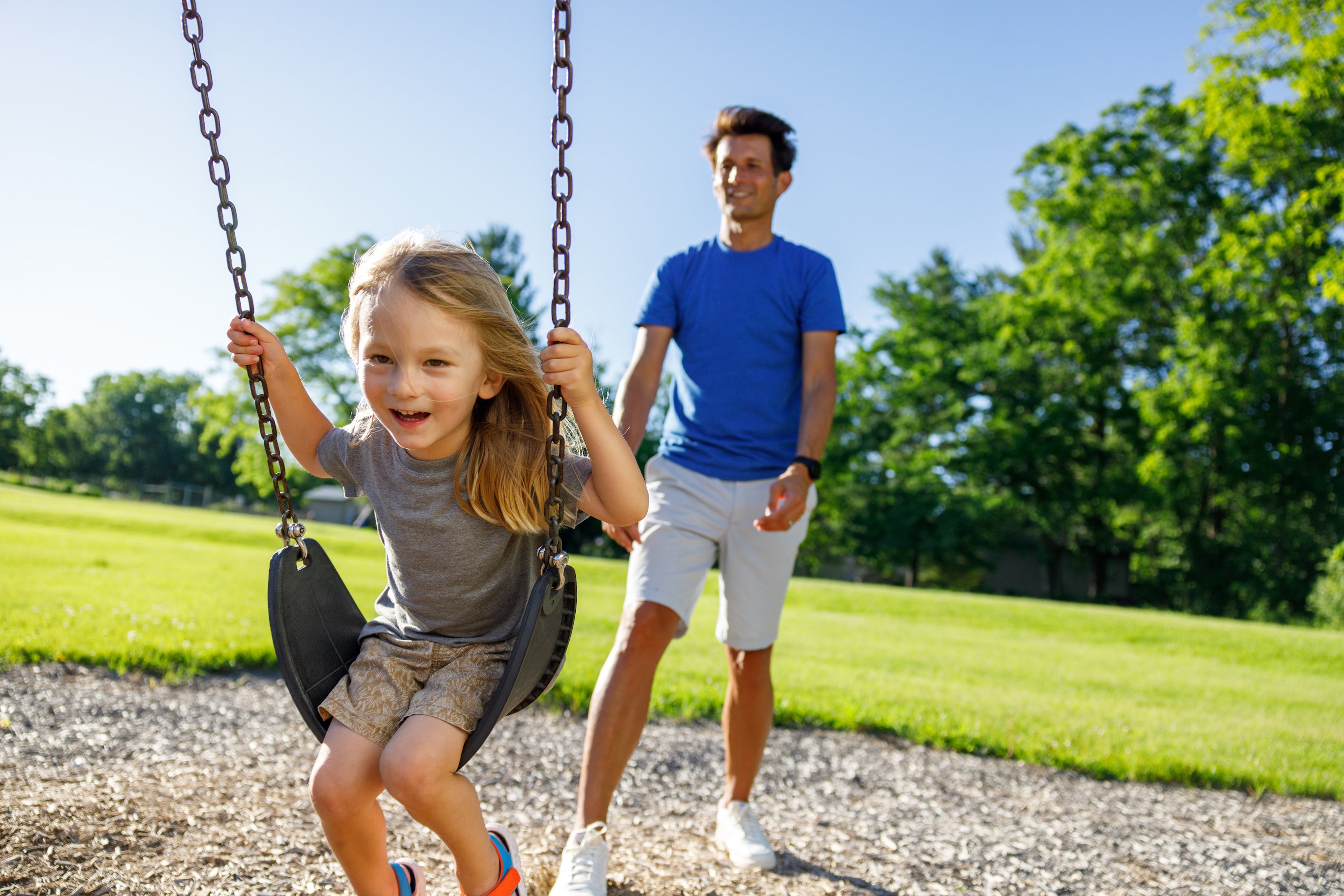TEST REPORT: 24 HOUR RUN WITH THE RUNPRO

24-hour run: a mental rollercoaster
Marko Gränitz is an ultra runner. Today he takes us on his mental and physical rollercoaster ride at the 24-hour race in Bad Blumau. Marco comes from a triathlon background. However, he is now an ultra runner and reports on his experiences in training and competitions as well as various trips and adventures in his blog. The blog is aimed at amateur runners who are looking for inspiration, motivation and new goals: Bike Run Fun
The goal: 240 km in 24 hours
The 24-hour run started at 10am. As planned, Marko ran at a controlled slow pace of around 5:40 min/km. Up to 50 km everything is quite relaxed, only the heat gets to everyone. There are three cold showers on the course, which are always ready for use during the day with moderate water pressure. This is perfect for cooling your face and hands and soaking your cap and arm warmers. However, he occasionally wets his legs with a cloth at the motorhome to prevent the water from running into his shoes, soaking his skin and causing blisters. But he has another secret weapon in his shoes to prevent blisters: the CURREX RUNPRO.
Everything goes according to plan up to around 100 km. But then he suddenly gets the feeling that he is "running out of juice". Looking back, Marko simply stuck with the slow carb strategy for too long and thus drained his glycogen stores. He immediately switched to a mix of maltodextrin and Buffer, but it doesn't really make things any better. It is an energy hole that can no longer be filled. Even several cups of cola don't help - and so early in the race, it's not even halfway through...
- Slow Carb. This involves eating only high-quality, slow carbohydrates - slow carbs. However, the trick is that the body then switches primarily to fat metabolism and uses fat deposits to generate energy.
- Maltodextrin. Maltodextrin is a carbohydrate mixture that is primarily obtained from corn starch. Maltodextrin is often used by endurance athletes as it is particularly valuable in terms of nutritional physiology compared to other carbohydrate mixtures. For example, maltodextrin is absorbed more slowly than other carbohydrates.
After 120 km, Marko has to walk a whole lap for the first time. The physical low is now compounded by the mental low. He absorbs liquid energy every lap, but it is simply not enough. The trend is downhill, the walking breaks are getting longer, the question of meaning is growing.
After around 150 km, he feels dizzy. He is probably hypoglycemic. This is now something serious. The walking breaks are extended again. At kilometers 155 and 163, he even takes breaks to sit down. But the dizziness remains. During the third break, Marko starts to tremble. It all seems hopeless now. He simply can't get up. His body is completely empty, a powerless shell. He realizes that he has to get out of the car so as not to endanger his health.
Covered in several layers on a cot to keep the chills at bay, he only thinks about the best way to get to his accommodation and into a warm bed. The race is over. For a while, he watches the runners pass him on the course. He feels a sense of guilt - this preparation, support staff sacrificing their time, etc. Marko has never dropped out of an ultra run before. But once is always the first time. He falls asleep with all these thoughts.
After the descent comes the ascent
When Marko wakes up, he has only been asleep for about half an hour. He urgently needs to go to the toilet because of all the coke, which is probably the only reason he woke up at all. He gets a little warmer on the way to the toilet. He tries to go a second time. Suddenly things are much better, even with a careful jog. One lap later, he is walking consistently again. Another lap later, his head is clear again. The best feeling: Marko is back in the race!
He would never have believed before that such a comeback was possible. From now on it's clear: if he wants to finish, he has to pump everything his stomach can handle into him: extra strong Malto-Buffer-Mix, cola, gels. Something for every lap. He lost about 1.5 hours due to the long break and the walking breaks. So the top is out of reach, but other runners also had some problems towards the back. It is now around 04:30, so there are still more than five hours to run. And his pace is good, perhaps even the fastest in the field. So there should still be some way to go as far as the placings are concerned, and there is still the team classification.
Lap after lap is completed, the rhythm is right. Around 7 o'clock Marko has another small energy low, which he overcomes with even more cola. By 8 o'clock he is in 6th place overall and 3rd place in the German Championship. The last two laps are probably the fastest of his entire race.
It's the unbelievable happy ending to what had been a catastrophic race! The absolute elation as an incredible contrast to the abyss of the previous night.

All's well that ends well
Despite a disappointing performance of almost 214 km for Marko, absolute satisfaction prevailed at the finish! On the one hand, of course, because of the joy over the grandiose team success, but also because a low that seemed insurmountable to him was overcome.
"I've been running with RUNPRO MED for many years, first in triathlons and now in ultrarunning. And now for the first time in a 24-hour run. Conclusion: perfect! Of course, the shoe always has to fit, but I had no problems at all with the way my feet felt." Marko Gränitz









